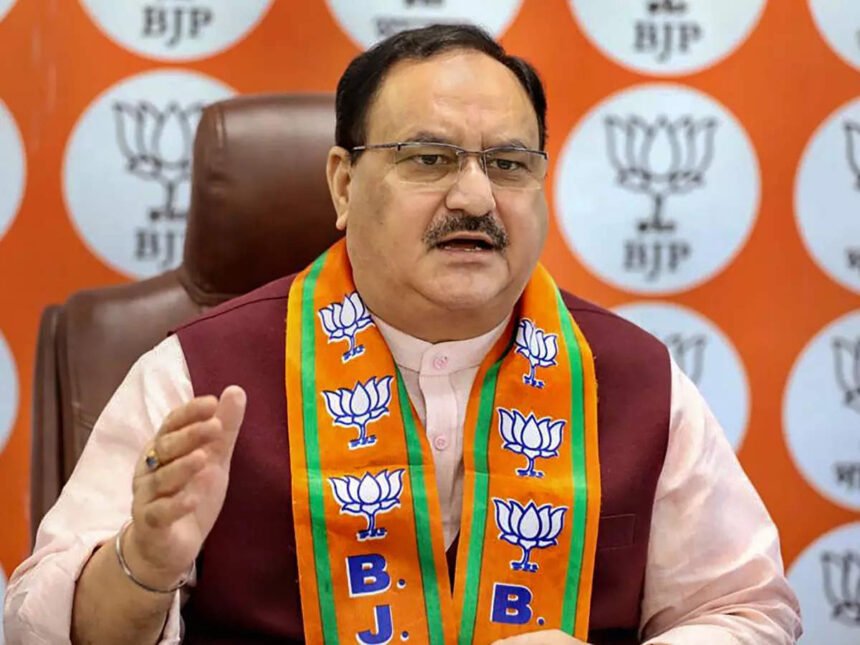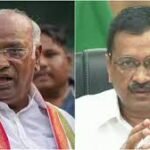In a scathing attack on the BJD government in Odisha, Bharatiya Janata Party (BJP) President J P Nadda accused Chief Minister Naveen Patnaik of relinquishing control over the state’s administration and outsourcing it to bureaucrats. Nadda made these remarks during a rally in Kalahandi district, commemorating the ninth anniversary of the Narendra Modi government.
Expressing his astonishment, Nadda questioned who was truly running the state of Odisha. He posed the crucial query of whether it was the elected leaders or the appointed officers who held the reins of power. Reports had reached him, Nadda claimed, suggesting that the state was effectively being governed by the bureaucracy. The BJP President’s statement highlights a perceived lack of leadership and decision-making within the Odisha government.
Naveen Patnaik, who has been serving as the Chief Minister of Odisha since 2000, has often been criticized for his aloofness and alleged detachment from the day-to-day affairs of the state. The BJP’s accusation of outsourcing administration to bureaucrats implies a diminished role for elected representatives, diminishing their accountability and undermining the democratic process.
The remarks made by J P Nadda highlight the ongoing political rivalry between the BJP and the ruling BJD in Odisha. The BJP has been striving to make significant inroads into the state, which has traditionally been dominated by the BJD. The rally in Kalahandi district provided a platform for Nadda to attack the incumbent government and question their effectiveness in governance.
The outsourcing of administrative responsibilities to bureaucrats can have several implications. While it may ensure the smooth functioning of the government machinery, it can also raise concerns about the concentration of power in the hands of unelected officials. Critics argue that this approach dilutes the essence of democracy, where elected leaders are expected to be directly responsible for governance and accountable to the people.
Nadda’s comments may resonate with sections of the population who feel disconnected from the decision-making process in Odisha. It is essential for elected representatives to be actively involved in governance, as they are the ones directly elected by the people and entrusted with the responsibility of addressing public concerns. Outsourcing administration to bureaucrats, in the eyes of the BJP, may indicate a lack of effective leadership and governance in the state.
The BJP has been striving to project itself as an alternative to the ruling BJD in Odisha. Nadda’s remarks serve to highlight the perceived shortcomings of the current government and position the BJP as a viable alternative for the citizens of the state. By questioning the leadership of Naveen Patnaik and emphasizing the alleged rule of bureaucrats, the BJP aims to undermine the credibility and effectiveness of the BJD administration.
As the political landscape in Odisha evolves, the accusations made by the BJP President will likely contribute to the ongoing discourse surrounding governance and leadership in the state. The BJP’s attempts to gain political ground in Odisha rely on the portrayal of the BJD government as ineffective and disconnected from the needs of the people.
While the rhetoric and political maneuvering continue, it is ultimately the citizens of Odisha who will judge the performance of their elected representatives. The accusations of outsourcing administration to bureaucrats raise important questions about the functioning of democracy and the balance of power in the state. As the political debate unfolds, it remains to be seen how these dynamics will shape the future of Odisha’s governance and political landscape.









